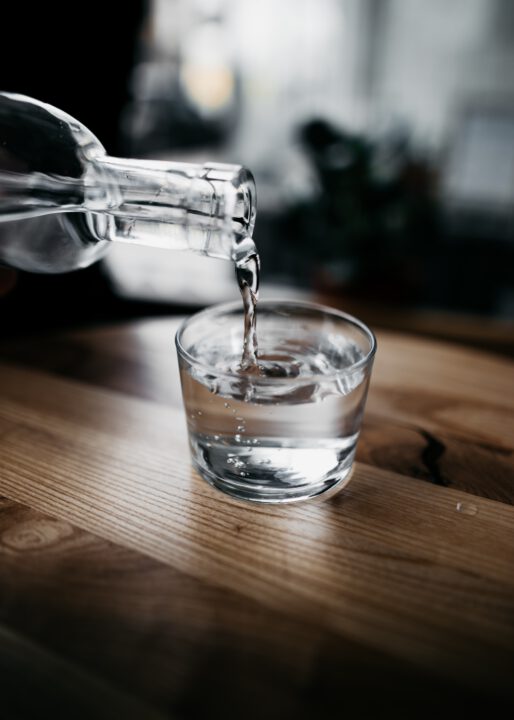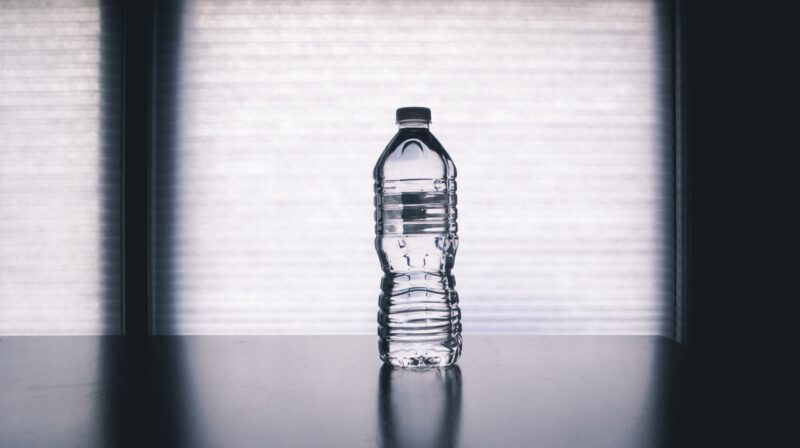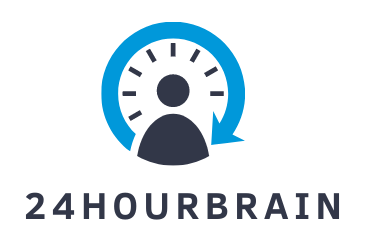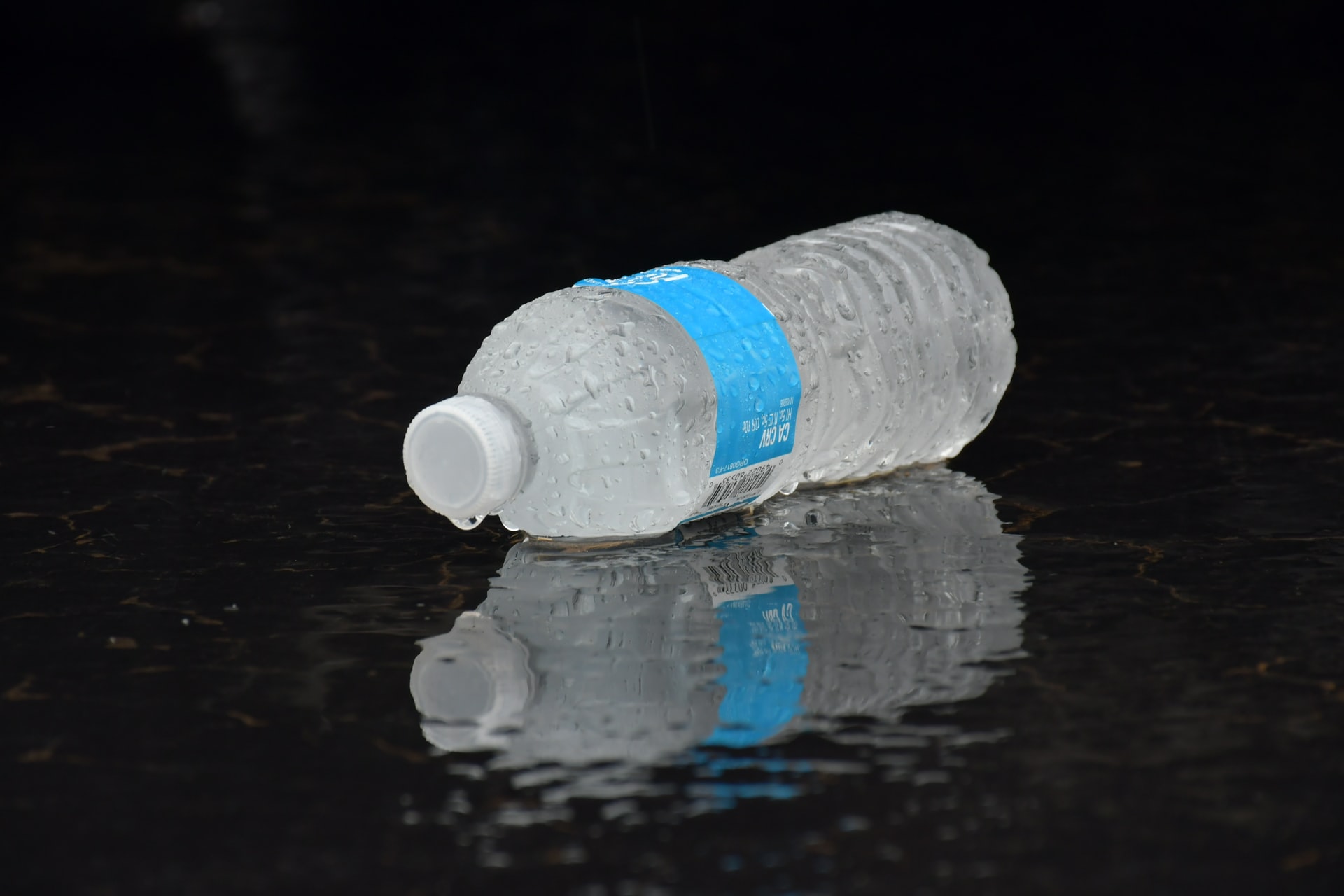To function properly, our brain requires fluid. But how much fluid does our brain actually require every day? This is where the data occasionally diverges.
Everyone has heard that the human body is composed of 60% water. What few people realize is that the brain has the most water of any organ in the body. It is made up of 75% water. This explains why a lack of fluid has such a large impact on the brain.
It has been discovered, for example, that brains must work more in a dehydrated state to perform as well as they would otherwise. Because we have limited neurological and cognitive reserves, this can be harmful. If our brains have to work harder than normal, there may be insufficient resources for new activities.
According to research, dehydration also has an effect on mood. Thirsty people struggle with cognitively demanding tasks in particular: they have difficulties concentrating, they feel exhausted, but they are also tense. When there is a severe water scarcity, thinking performance suffers dramatically.
This indicates that a person who has to concentrate should be aware of his body. He should have a glass of liquid even before he gets thirsty.
How Much Water Should You Consume?
Nutritional physiologists recommend that men drink 2.5 liters of liquid each day, while women should drink 2 liters.
As a result, we should drink enough water. This is vital not just for a healthy body, but also for a sharp intellect.
To keep the brain functioning properly, drink a glass of water every hour or every 45 minutes. We frequently drink water under the impression that it is critical for the kidneys, liver, and even the heart.
While this is correct, the brain should not be overlooked: That organ in the body requires the most energy. Water makes up around 75% of the brain and is essential for the healthy functioning of our thinking organ.

Is Water Good for the Brain?
Adequate water intake improves the brain in a variety of ways! Water improves your thinking speed, concentration, balance, sleep, and memory! Furthermore, drinking water aids digestion and can promote sleep!
The Brain Works More Quickly
The brain is directly dependent on adequate water intake because it is the only way for it to function properly. To function effectively, brain cells require a balanced water supply as well as nutrients.
In order for the brain cells to work correctly again in the morning, they must be supplied with water.
Even if you did not sweat during the night, your body has lost fluid after 7 to 9 hours of sleep.
Since we lose water every time we breathe, the water balance needs to be fixed as soon as possible in the morning.
Enhanced Concentration
We are frequently unaware that our creatures require water. We only notice dizziness or dry skin in extreme circumstances, but these are already warning signs.
The brain is the first organ to suffer from dehydration. As a result, you have a lower capacity to pay attention, less resources, a poorer working memory, and difficulty concentrating. The response time to stimuli is likewise slower.
Balancing One’s Mental and Emotional States
Water consumption affects the temperature of the brain. Pollutants and dead cells are removed, and chemical processes are restored to equilibrium.
This acts as a “mental reset” in the brain.
As previously stated, it is critical to keep the organism supplied with a few sips of water to keep the cells active and to produce an inner equilibrium, which also aids in the regulation of stress and anxiety.

Water Promotes Better Sleep
Water enhances oxygenation, increases blood flow to the brain, hydrates the thinking organ, and gives rest – even at night. As a result, it is best to have a bottle of water close to the bed, even at night.
Drinking Water throughout the Day Helps Memory
Even a minor absence of water can throw homeostatic systems off balance.
That is, it has the potential to cause disruptions in areas critical to survival. Reduced cognitive capacities are one of the consequences: it is more difficult to remember things, process information, draw conclusions, and keep anything in memory for the long term…
This is a common sensation. You haven’t drunk much throughout the day, either because you haven’t had time or because you aren’t thirsty. You are really tired in the evening, your head hurts, and you can barely concentrate on a normal discussion. The body and the brain are both dehydrated.
Water has been depleted from the body’s cells and blood. Every single cell in the body is thirsty. As a result, your muscle cells, as well as the so-called tiny gray cells in your brain, are no longer getting enough oxygen and nutrients. The ability to think clearly suffers significantly. Concentration is nearly impossible.
So, if we hardly provide our bodies with fluid throughout the day, we swiftly reach a loss of 2% of our body fluid. And once you grasp this, you’ll understand why specialists advise you to drink plenty of water. The fluid lost due to natural physiological processes is instantly replaced.
In any event, we should be mindful of what happens to our brains when we don’t drink enough water. So it’s best to develop regular drinking rituals that remind you how crucial drinking is. And with each drink of water, you do something beneficial to your brain.



4 thoughts on “Is Water Good for the Brain?”
Comments are closed.